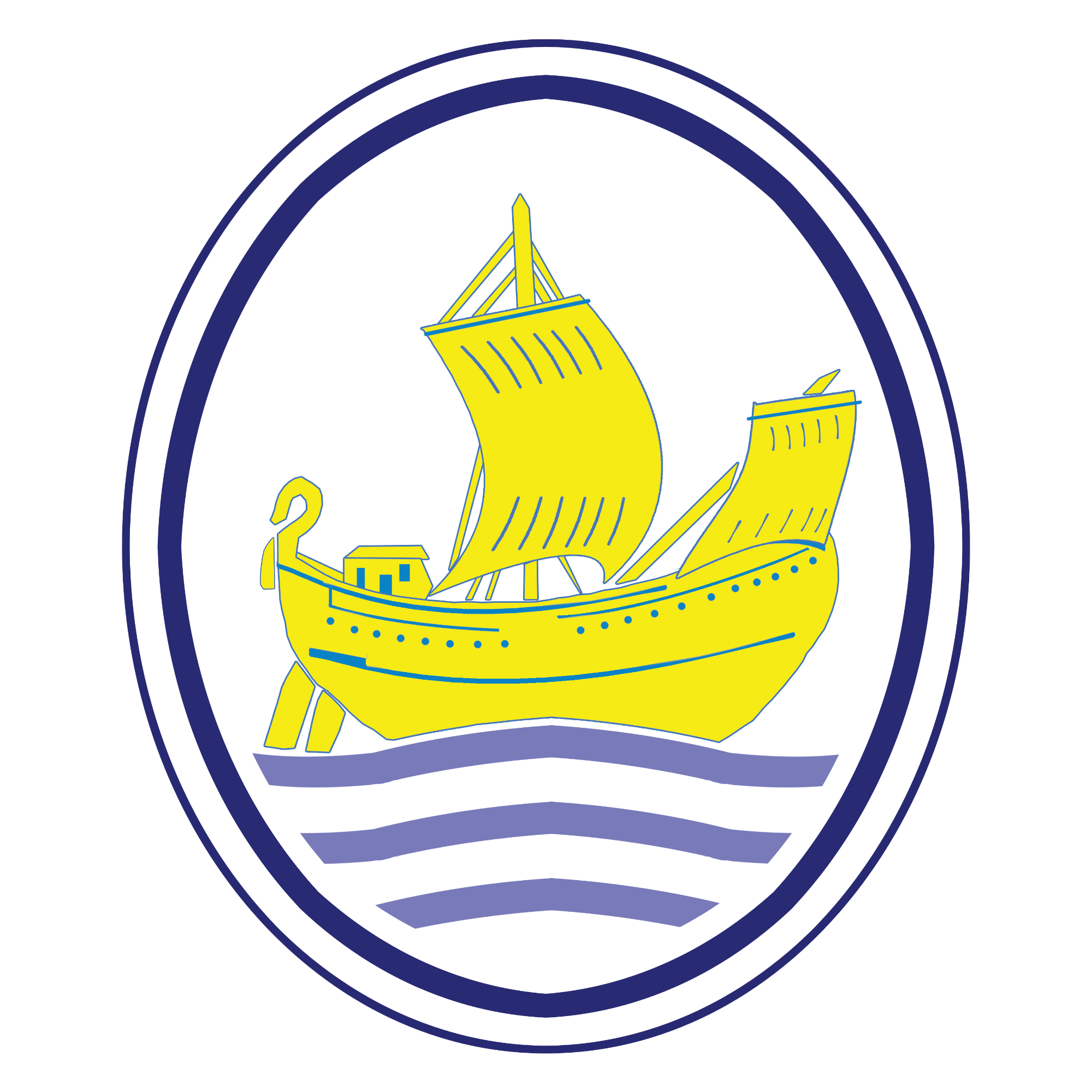Science
Science is explaining how the world/universe works and changes.

At St. Barnabas, we recognise that learning in science involves children and young people building their knowledge of important concepts and procedures. When learning new content, learners must connect this and make links to what they already know. In Science, we focus on developing secure understanding of previously taught learning and retrieval practice of key facts, vocabulary and knowledge in units of work. We have designed our curriculum around big questions to build on our children’s natural curiosity and encourage our young scientists to ask ‘I wonder…’ questions. Our children’s minds will be stimulated through our inquiry-based curriculum and approach to science where misconceptions are ironed out and children are immersed in subject specific language.
We want our students to be prepared for a life in an ever-changing scientific and technological world, developing their skills of investigation including observing, measuring, predicting, hypothesising, experimenting, communication, interpreting, explaining and evaluating. We ensure that the 'Working Scientifically' skills are built-on and developed throughout children’s time at school so that they can apply their knowledge of science when using equipment, conducting experiments, building arguments and explaining concepts confidently.
Implementation
We use the resource Pzaz for Reception-Year 6 to teach the National Curriculum objectives for science. In Year 7, KS3 children follow the ‘Activate’ scheme of learning.
Impact
The successful approach to the teaching of science at St Barnabas will result in a fun, engaging, high quality science education that provides children with the foundations for understanding the world. Assessment at St. Barnabas is teacher based on and formed using formal strategies (e.g. multiple choice questions, ‘Showcase It’ opportunities and Remember It quizzes) and informal strategies (verbal/written outcomes, reflection tasks/presentations). Formative assessment is used as the main tool for assessing the impact of Science at our school as it allows for misconceptions and gaps to be addressed more immediately rather than building on insecure scientific foundations. Impact of learning is assessed though: subject monitoring afternoons, pupil voice, assessing whether pupils make links to prior learning, the retention of key scientific language and quality of written or verbal work in lessons.
